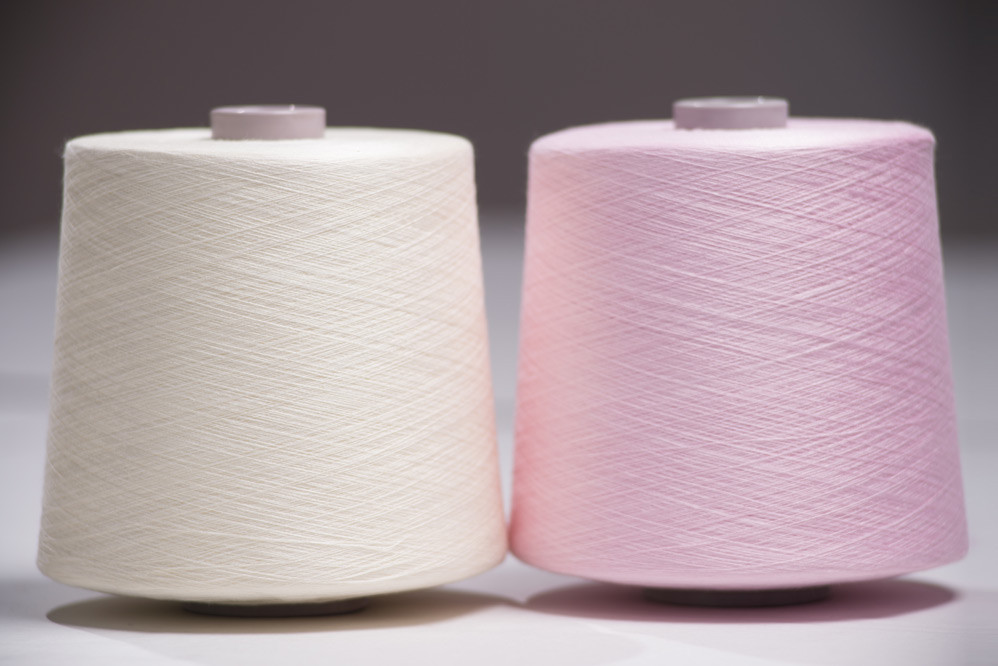Viscose

Viscose
Viscose is an artificial fiber; regenerated cellulose fiber, which is obtained as a result of the viscose process.
From the fibers obtained artificially, twist the threads that form the basis of this pleasant to the touch material.
Viscose thread has the following properties:
– is a reduced cellulose, so the composition is very close to natural plant fibers;
– pleasant to the touch;
– hygroscopic, resistant to most organic solvents;
– able to pass air;
– is not subject to destruction of moths;
– does not accumulate static electricity;
– lighter than cotton.
Disadvantages include relatively low strength, high shrinkage of fabrics (up to 16%), viscose products are easily crumpled and can be destroyed by atmospheric factors as a result of the combined action of water, oxygen, air oxides and ultraviolet radiation. Natural cotton is also exposed to similar effects, but in addition to cellulose, it contains natural antioxidants and protection from sunlight, so cotton is more resistant to the environment.
Manufacturers of yarn and viscose fabrics take into account this feature of pure viscose and introduce additional components: chemical antioxidants and ultraviolet filters, which allows you to extend the life of the fiber and, accordingly, things made of viscose.
From the fibers obtained artificially, twist the threads that form the basis of this pleasant to the touch material.
Viscose thread has the following properties:
– is a reduced cellulose, so the composition is very close to natural plant fibers;
– pleasant to the touch;
– hygroscopic, resistant to most organic solvents;
– able to pass air;
– is not subject to destruction of moths;
– does not accumulate static electricity;
– lighter than cotton.
Disadvantages include relatively low strength, high shrinkage of fabrics (up to 16%), viscose products are easily crumpled and can be destroyed by atmospheric factors as a result of the combined action of water, oxygen, air oxides and ultraviolet radiation. Natural cotton is also exposed to similar effects, but in addition to cellulose, it contains natural antioxidants and protection from sunlight, so cotton is more resistant to the environment.
Manufacturers of yarn and viscose fabrics take into account this feature of pure viscose and introduce additional components: chemical antioxidants and ultraviolet filters, which allows you to extend the life of the fiber and, accordingly, things made of viscose.
Viscose fiber is added to synthetic fibers to improve the sanitary and hygienic properties of products, to cotton (up to 10%) – to reduce the breakage of threads during spinning.
Viscose differs from other types of yarn in smoothness and softness, reminiscent of natural silk. Viscose fabric is very easy to paint in the brightest colors.

